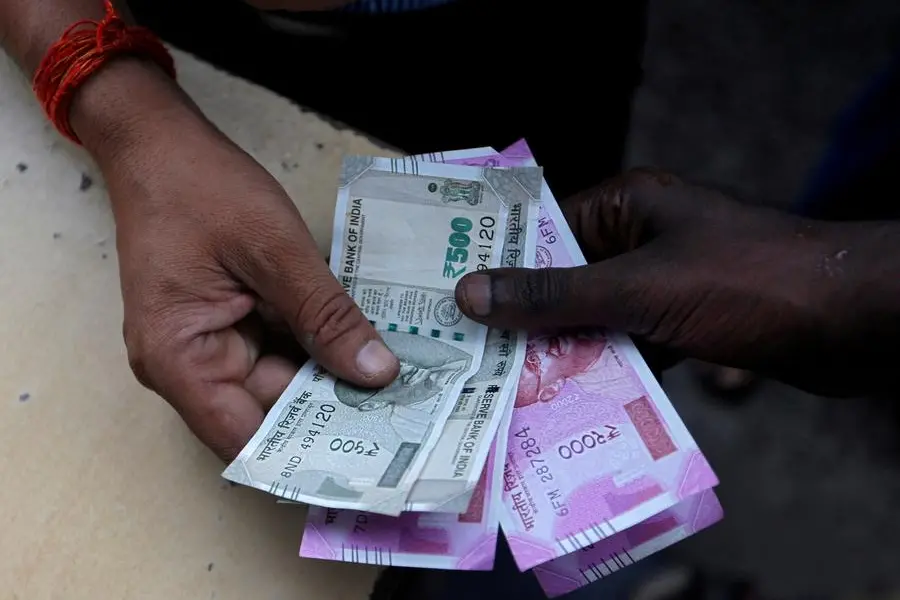PHOTO
India plans to offer cash subsidies, lower taxes and other incentives to bolster its shipbuilding industry, two government sources said, as part of an effort to reduce the pain of high freight rates for the nation's manufacturers.
The plans include subsidies so that at least 50 new vessels can be built, as well as granting "infrastructure status" to the industry which would help with financing from banks, said the government officials.
This could also include incentives to build small vessels and promote battery-driven small vessels, aiming to cut diesel consumption and carbon emission by ships in the coming years, they said.
A 10-billion-rupee ($123 million) maritime development fund is also likely to be established, they added, without providing further details.
Finance Minister Nirmala Sitharaman is expected to announce the plans when she presents the annual budget for 2023/24 to parliament on Feb. 1, a senior government official with the direct knowledge of discussions told Reuters.
Details are, however, subject to change as budget consultations are ongoing, the official said, noting the plans had the support of economic advisors of Prime Minister Narendra Modi, who unveiled Maritime Vision-2030, in 2020, aiming to expand domestic shipping and ports capacity.
The sources were not authorised to speak to media and declined to be identified. A finance ministry spokesman declined to comment.
A government panel has told the finance ministry that local tax rules deter investment in the shipping industry, compared to the tax regimes of Singapore, Malta, Cyprus and Panama, where the majority of global carriers were registered.
The cost of ship manufacturing was up to 20% lower in India compared to Indonesia and Philippines, the panel said, suggesting a review of tax rules.
The share of domestic shipping in carrying export-import cargo was less than 7% in 2019/20, according to industry estimates, and it accounts for just 1% of global capacity compared to China's 16% share.
RISK TO EXPANDING TRADE
The Federation of Indian Export Organisations (FIEO) and the shipbuilding industry have sought the concessions, arguing that India needs to build its shipping industry due to growing risks of expanding trade with sanctions-hit Russia.
India's exporters and importers paid nearly $100 billion in freight last year, almost double the amount three years ago, said FIEO director general Ajai Sahai, adding that exports and imports had surged along with freight rates.
"Indian exporters are worried over rising shipping tariffs on routes to Russia and neighbouring countries, rising up to 60% after Ukraine war while tariffs on other routes are on decline," he said.
India could save at least $25 billion annually in foreign exchange if government incentives helped private companies to develop the local shipping industry, he added.
India has around 35 shipbuilding companies, including some state-owned firms. Its maritime freight industry consists of about 1,500 vessels with a gross tonnage capacity of around 13 million tonnes.
($1 = 81.4225 Indian rupees) (Reporting by Manoj Kumar; Editing by Edwina Gibbs and Bernadette Baum)





















